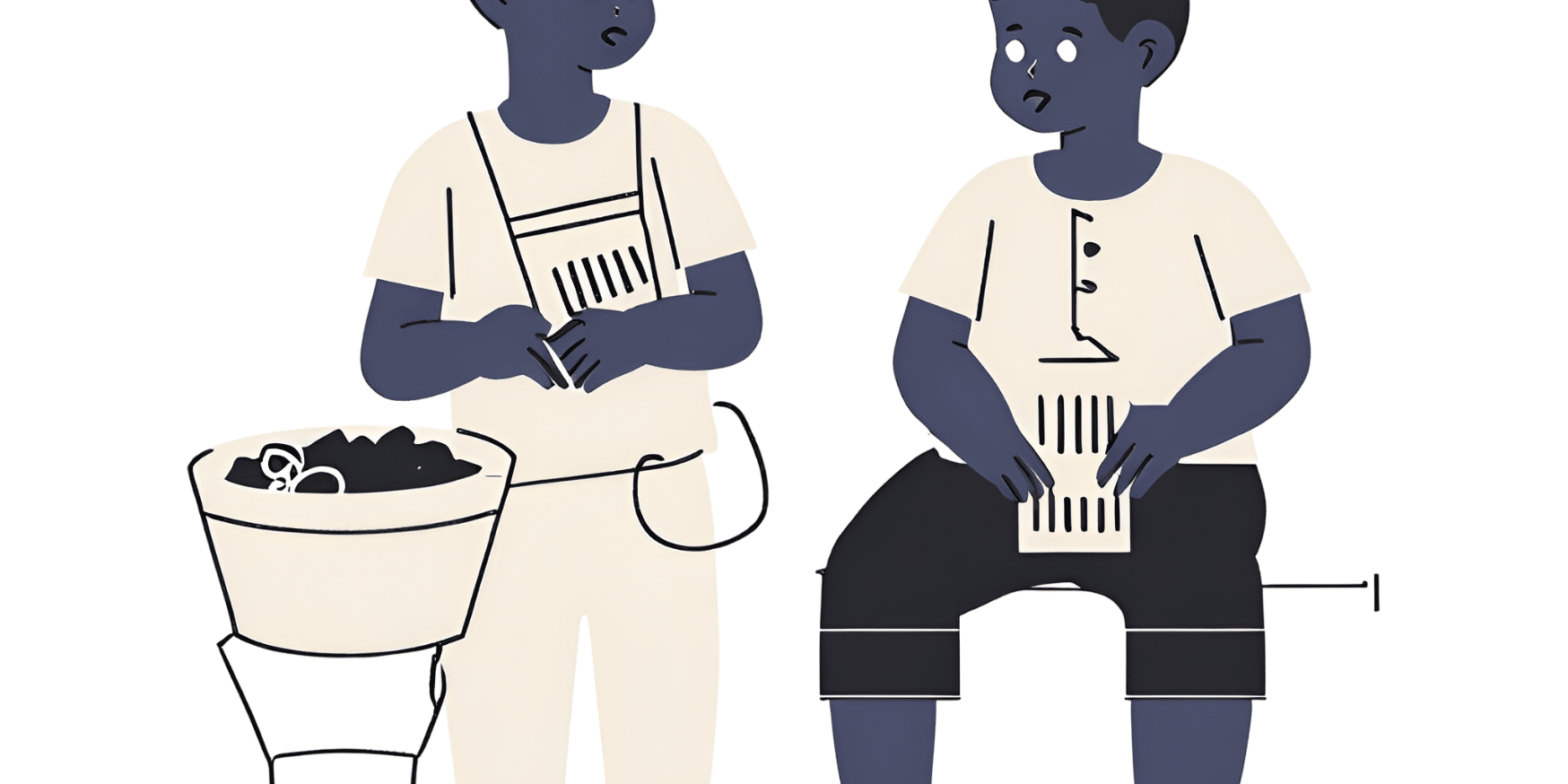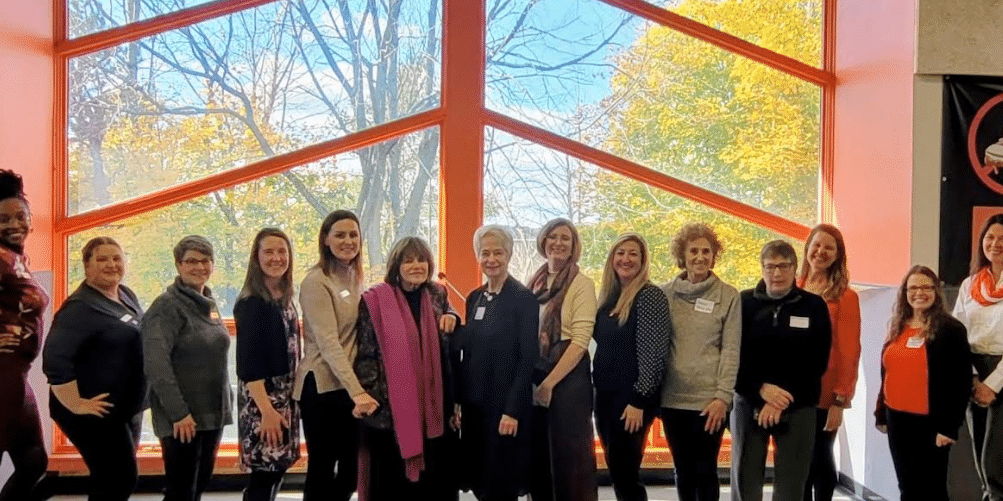Last week, the ‘hometown’ newspaper to the Goldin Institute (Chicago Tribune) shared yet another critical editorial on the recent outcry to what happened to the nearly half a billion dollars raised by the Red Cross in the aftermath of the 2010 Earthquake.
Excerpted in part from the full reports already made public by the ProPublica/NPR story, is this:
[quote]According to the reports, the Red Cross was unable to deliver on many of its projects in Haiti. Red Cross leaders were reluctant to rely on the Haitian people or native speakers for help navigating the cultures and politics of a complex, poverty-stricken nation. So the Red Cross gave millions to outside groups, didn’t properly track the money, and spent too much on overhead and bureaucracy.[/quote]
The approach to our work at the Institute is especially in tune to the widely-held criticism that Red Cross leaders shunned those Haitian voices and people impacted by the disaster, especially when they could have helped maximize and make best use of the planning and aid targeted to them by a large international organization like the Red Cross.
In our own project work in Haiti, with our partners on the ground in KOFAVIV and our Global Associate Malya Villard, we had success for never varying from our principles of ensuring that those we work with are driving the initiatives and solutions to the issue in their communities. Ending gender-based violence in the Place Petion Camp could not have happened without making sure that those with the most to gain or lose in the project – the women who were being victimized by the violence – had the loudest voices and roles in how the project could be best run.
This appears to be something that the Red Cross still hasn’t learned in their own initiatives. As the Tribune editorial stated, Red Cross frontline workers over the years, decades, have done tremendous work, often under extremely difficult conditions, but … it’s essential that not-for-profit fundraising organizations be utterly transparent to donors, to recipients, to the broad public. They deal with disaster. But first they have to earn trust.
Please visit our overview page on the project in Haiti to find out how effective smaller, grassroots partnerships can be in achieving the goals of the communities we work with and how we ‘earn trust’ before helping develop solutions.
Above, courtesy of Chicago Tribune: Haiti was devastated by an earthquake in 2010 and the Red Cross relief effort is the subject of a ProPublica/NPR investigation. (Thony Belizare / AFP/Getty Images)




